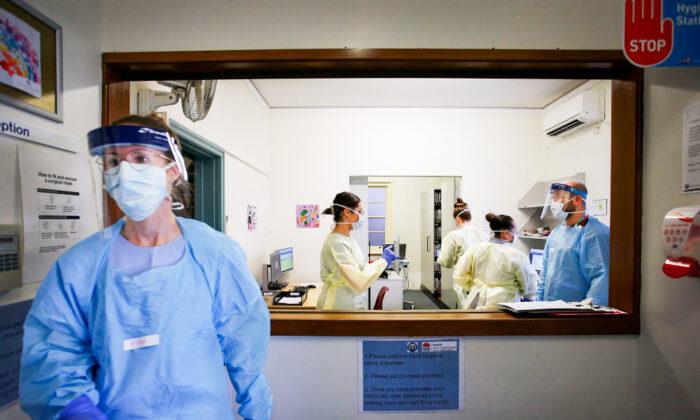The lymphatic system is a network of vessels and nodes that work as pipes and filters for tissue fluid. Although the vessels and nodes travel adjacent to the blood vessels and maintain fluid balance in tissues, they are also responsible for transporting immune cells to infection sites in our bodies.
“The effect of this disease is that fluid accumulates in the developing fetus, and when that accumulates in the heart and lungs, it causes respiratory problems which can lead to fetal death.”
Individuals affected are often presented with a spectrum of lymphatic conditions, including chylothorax (lymph fluid in the digestive system), pleural effusions (fluid in the lungs), chylous ascites (fluid in the chest), all of which can cause stillbirth or death after birth.
There is currently little research linking MDFIC with CCLA, which was previously thought to be responsible for regulating proteins that are responsible for the development of blood vessel tones and constricting vessels. However, the study indicated that it could cause CCLA if an individual carries two mutated MDFIC genes.
The team tested this by mutating MDFIC genes on both chromosomes (homozygous) in mice and found that the mutated mice had difficulty breathing and all died soon after birth.

The team found that mice shared similar pathology of humans affected by CCLA with post mortem examinations finding that the mice had enlarged and abnormal lymphatic vessels and lymphatic fluid accumulated in the digestive system; both characteristics of CCLA in humans.
To investigate the role MDFIC has in the mice, the authors studied the mice embryos and found that not only is MDFIC presence significant in valves of blood and lymphatic vessels, mutated mice also develop significantly fewer valves, especially in the lymphatic system.
Reduced valves or defective valves will impact the transportation of fluid as fluid may backflow and therefore accumulate in certain tissues or organs.
“If the lymphatic valves don’t form properly, lymph fluid accumulates in critical organs such as the heart and lungs, causing major respiratory problems that may eventuate in stillbirth or chronic disease,” head of the research team, Prof. Hamish Scott, said.
The authors investigated the role of MDFIC in valves of human lymph cells and found that MDFIC controls cell motility as mutated lymphatic cells become less motile, leading to poor valve development.
“We determined that MDFIC controls cell migration, an important early event during the formation of the lymphatic vessel valves. The genetic variants we have found in our study reveal a crucial, previously unrecognised, role for MDFIC in the lymphatic vasculature,” Scott said.
Scott said that their study highlights that “the development of one of the major parts of the lymphatic system called a valve is vital.”
He said that knowing the biochemical processes will give them “a much better idea how to intervene therapeutically in the future for a broader group of diseases which affect the same system, being the lymphatic system.”
Finding the genetic cause of a disease “has an immediate impact for families in whom diseases are genetically inherited,” Harvey said.
Few effective treatments are currently available, but with continued identification of the genetic causes of CCLAs, Harvey said the next step is to develop new therapeutic drugs to combat the disease.
“There are existing drugs that may be used to treat these disorders, but we need to make sure that the signalling pathway that’s treated by those drugs is the same pathway that is affected in our patient,” he said.





